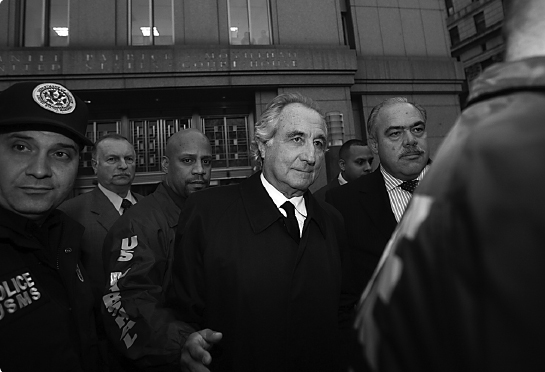Deceiving Others
Deceiving Others
Page 103
If we’re honest, most of us will admit to occasionally engaging in deception—the attempt to convince others of something that is false (O’Hair & Cody, 1994). Sometimes we deceive others to protect them, as when you tell your friend that no one noticed her torn slacks. Other times, we deceive out of fear, as when victims of abuse blame their injuries on falls or accidents. However, deception can have malicious and self-serving motives. Our neighbor Barbara received a phone call from a friendly guy who claimed to be “with the government.” Saying he wanted to make sure that everything was correct in her “file” so she could receive retirement benefits the next year, he asked for her Social Security number and other personal information. Realizing later that she’d been a victim of identity theft, Barbara confided, “I feel so stupid . . . I can’t believe I fell for it. But he sounded so sincere” (B. Smith, personal communication, January 8, 2010).

Like many of us, Barbara was drawn in by the sound of a warm, friendly voice. Most of us look for the opposite type of behavior to sniff out a liar (Canary, Cody, & Manusov, 2008). People who appear or sound anxious, who avoid making eye contact, who blink frequently, or who have frequent and awkward body movements seem deceptive (Leal & Vrij, 2008). We also suspect people who have dilated pupils and who raise their vocal pitch. Because these nonverbal behaviors are less under conscious control, they seem more believable than words or other, more controllable nonverbal behaviors (Burgoon, Buller, & Woodall, 1989; Goss & O’Hair, 1988). Research supports the idea that nonverbal behaviors can help us detect lying and deception, but this is not always the case. As Canary, Cody, and Manusov (2008) note, “A liar may appear anxious only if he or she is concerned about the lie or about getting caught. If the lie is unimportant, a communicator may instead be relaxed and controlled. Further, someone who is accused of lying but is in fact telling the truth may show signs of anxiety” (pp. 82–83).
This doesn’t mean we’re destined to be tricked by those seeking to deceive us. We can still use verbal messages to evaluate someone’s honesty. Barbara could have realized that someone from “the government” would probably have a more official title and would already know her Social Security number. We can also consider the relational and situational context of our interaction. For instance, if you suspect that your partner is lying to you and you have caught him or her lying in the past, you might have more reason to be suspicious.
LearningCurve